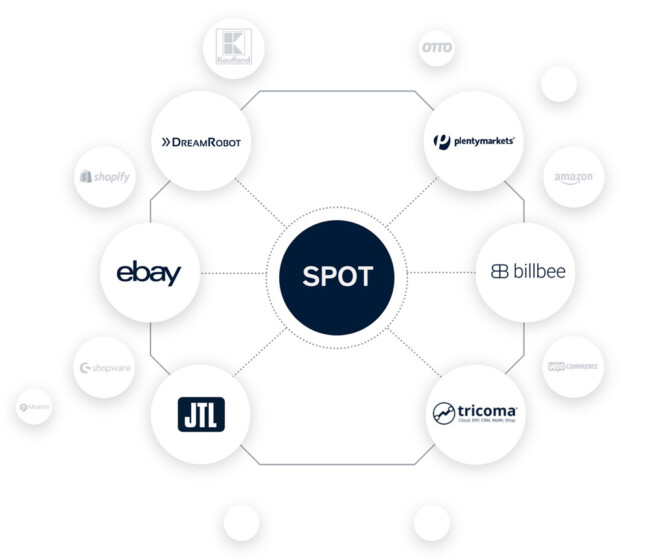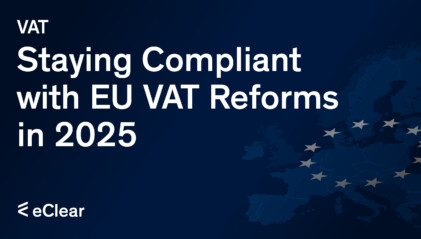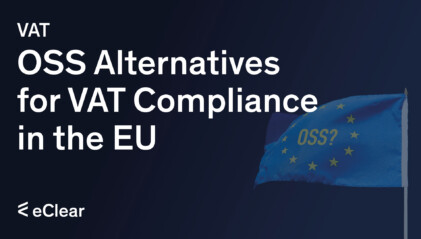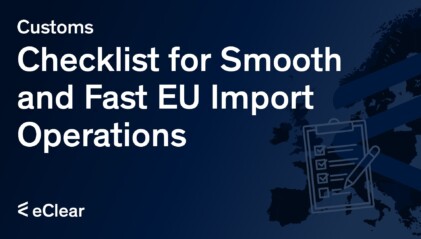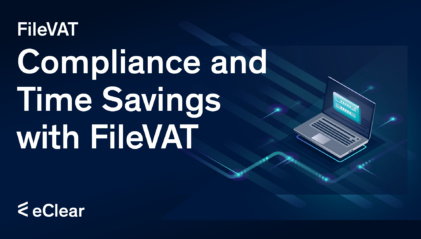Modern technologies like Artificial Intelligence (AI) are revolutionising tax management. Here’s how AI can benefit your business:
- Automated Tasks: AI automates tedious processes, allowing your team to focus on strategic tax planning.
- Reduced Errors: AI helps minimise errors and ensures accurate tax calculations and filing.
- Enhanced Compliance: Stay ahead of ever-changing regulations with AI-powered compliance monitoring.
The result? Increased efficiency, reduced risk, and potentially significant cost savings.
Tax Optimisation: Don’t Miss Out on Legal Savings
Many businesses unknowingly overpay taxes due to missed deductions and local exemptions. These unclaimed reductions can lead to significant financial losses.

Maximise Profits and Compliance in Cross-Border E-Commerce: Know Your VAT Rates
Navigating VAT rates across multiple countries is a significant challenge for e-commerce businesses. Incorrect rates can hurt your profits and lead to costly compliance issues.
See Your Optimisation Potential: Unlock hidden savings and ensure full compliance with the VAT Optimiser. Calculate your potential today!
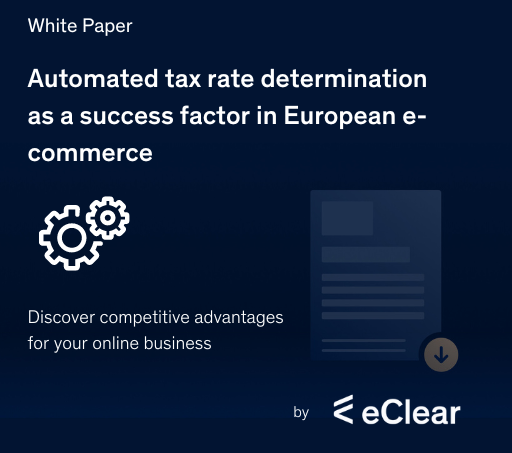
Get Ahead of the Curve: Automation is the Future of Tax Management
Automation and digitalisation are revolutionising the tax landscape. For e-commerce businesses operating across borders, keeping up with complex EU tax regulations is critical.
Automation is Your Solution: Streamline compliance, reduce errors, and gain a competitive edge.
Unlock the Details: Our exclusive white paper delves into how automated tax rate determination gives e-commerce merchants a winning advantage. Download your copy today!
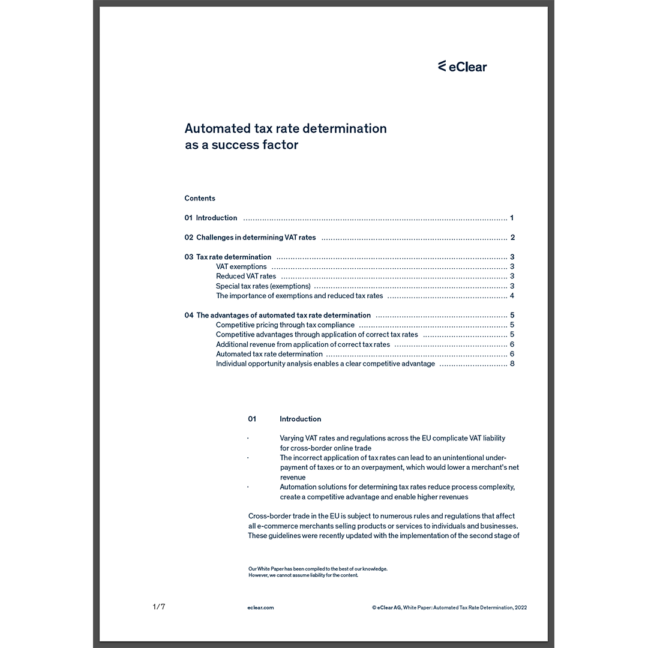
Get a Clear View of Your E-commerce Success: Unified Reporting is Key
To maximise your e-commerce potential, you need a complete picture of your sales data. Manually gathering and analysing reports from different shops and marketplaces is time-consuming and prone to errors.
Streamline Your Analysis: Our solution consolidates invoice data into one easy-to-use dashboard. No more switching between platforms!
